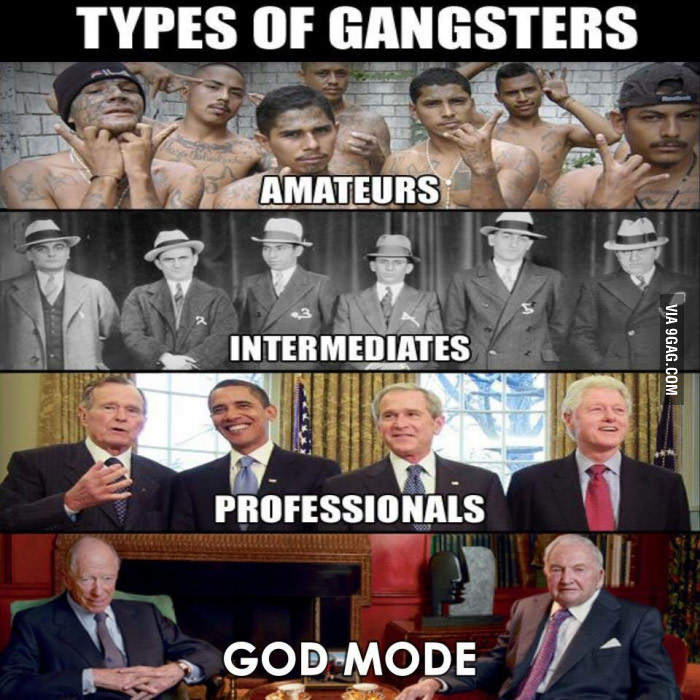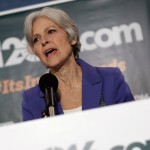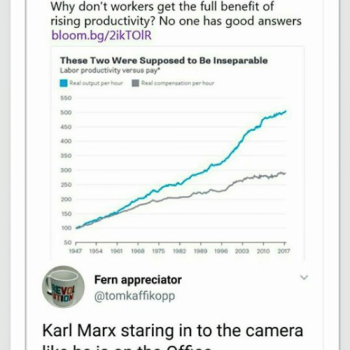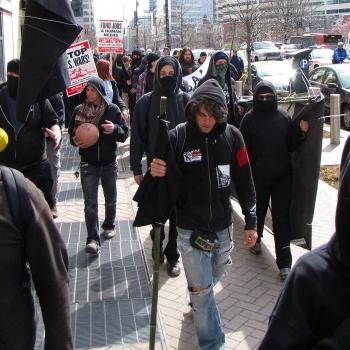
The U.S. and Israel on Wednesday signed a new military aid agreement that gives Israel 38 billion dollars over the course of ten years, effectively increasing the Jewish nation’s annual aid from the United States by about $700,000,000 (I want you to see all those zeroes so you get a sense of how much money this is). This makes it the largest military aid package from one country to another in human history.
President Obama said in a statement that the package “[I]s just the most recent reflection of my steadfast commitment to the security of the state of Israel.” National Security Adviser Susan Rice also hailed the deal, saying that it “…will ensure that Israel has the support it needs to defend itself, by itself, and to preserve its qualitative military edge.”
“When our partners and allies are more secure, the United States is more secure,” Rice said at the signing ceremony.
Is that what this is about? National security?
That seems odd, considering that Israel’s relationships with historically-unfriendly neighbors like Egypt and Jordan are warming, and they are not directly involved in the Syrian quagmire. Obama’s own nuclear deal with Iran, which his administration is rightly proud of, has also served to defuse tensions with Iran, despite Israel’s concerns.
“Why is the American military aid increasing, and not decreasing?” Al-Jazeera senior political analyst Marwan Bishara asked in regards to the deal. “Whenever the situation improves for Israel, American aid increases.”
Bishara wants an answer from Obama, but since Obama most definitely won’t respond, I’ll take a crack at it.
To understand, you must first know that an extremely crucial provision in this deal is the removal of the allowance for Israel to spend up to 26% of the aid it receives purchasing from its own defense industry – an effective American subsidy of the Israeli private defense industry that Obama has spoken of wanting to end. Now Israel must spend every dollar buying from United States manufacturers.
Get it yet?
Bloomberg reported back in June that Obama’s desire to end the subsidies “reflects a growing unease among many U.S. defense companies that America’s cold war client state is now a competitor in the international arms market.” Jason Gerwitz of CNBC, for example, just reported that “Israeli defense firm IMI announced this week that exports of bullets to the United States have increased tenfold over the last two years.”
Still not seeing it?
What if I told you that during his 2008 run for president, Obama received the majority of campaign contributions from the defense industry, outpacing John McCain?
Obama is an outgoing president concerned with his legacy, as all presidents are, and perhaps he doesn’t want to be remembered as the president that ultimately and permanently cooled US-Israeli relations. Perhaps this is an effort to assuage Republicans who have long criticized Obama for his tense relations with Israel. That certainly might be a part of this.
Well, if that’s the case, then it’s a total failure, just as every effort by Obama to please Republicans has been. “Congress is not a party to this agreement nor is this agreement binding on future congresses,” Senator Lindsey Graham (R-SC) said of the deal, adding that he intends to seek even more military aid for Israel through Congress. So if concern for “legacy” plays any part in this deal, it’s all about optics. Obama gets to say he increased military aid to Israel, and that’s enough.
But the less naive among us might actually see this deal for what it is: a 1.5 billion dollar-per-year (incidentally, 1.5 billion dollars is exactly how much it would cost to fix the water in Flint, MI) injection of U.S. taxpayer dollars into the defense industry, filtered through Israel so as to avoid the unsightly appearance of being nothing more than a subsidy for an industry which spends tens of millions of dollars each election year buying politicians (an industry that, by the way, is doing just fine).
That’s what this is. Money laundering, multinational style.

And you thought that meme was just a joke.












